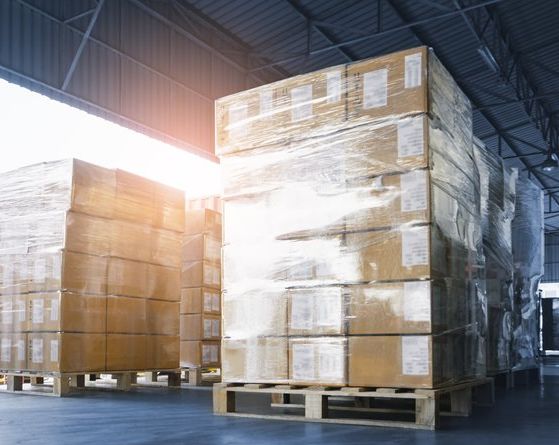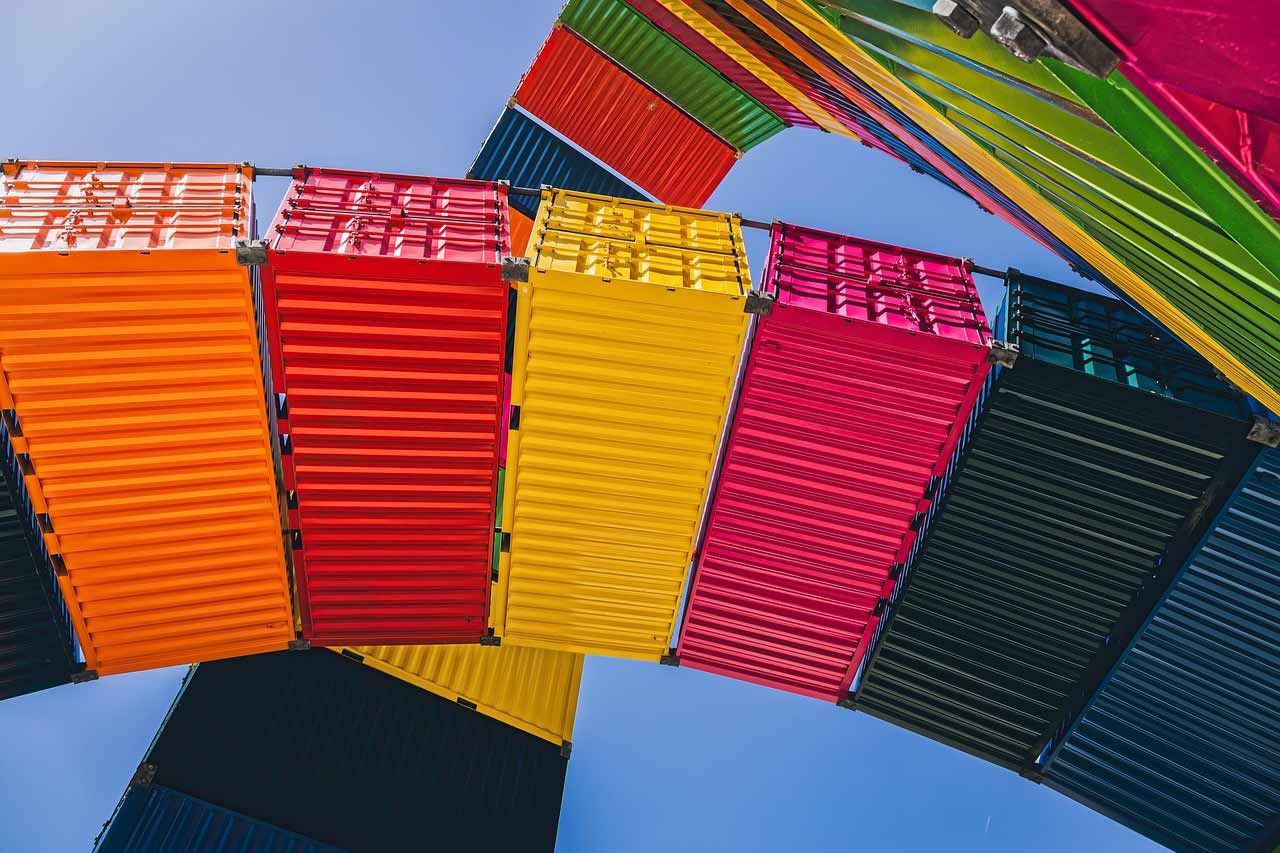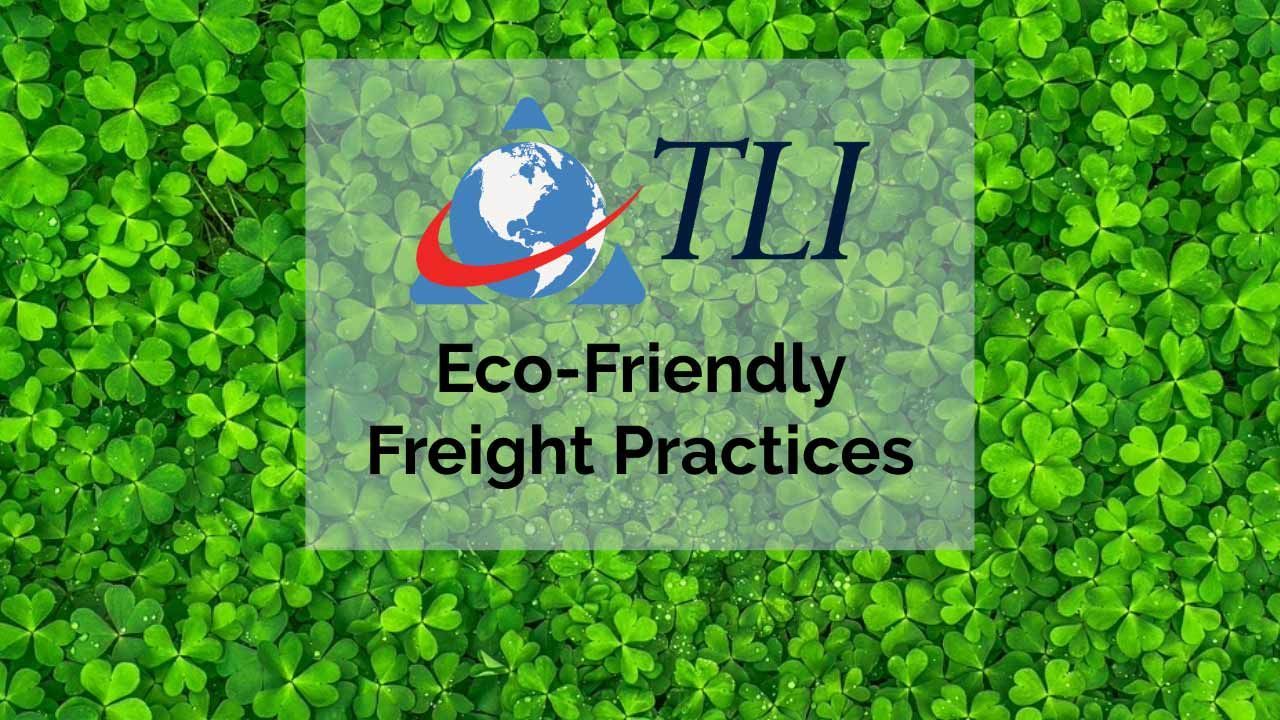Shippers Guide to Understanding LTL Accessorial Charges
What is an Accessorial Fee?
An LTL accessorial fee is an additional charge applied to less-than-truckload (LTL) shipments for extra services beyond standard freight handling. These extra fees cover services that go beyond the basic pickup and delivery.
Examples include:
- Limited Access fees for deliveries to locations like schools or farms.
- Hazmat handling for hazardous materials.
Additionally, LTL carriers impose a fuel surcharge, which fluctuates based on the U.S. Department of Energy’s diesel fuel index. These fees ensure that carriers recover costs associated with the specialized handling or delays caused by specific freight needs.
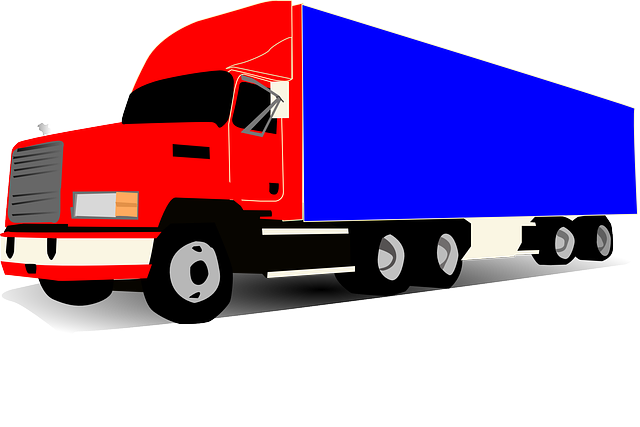
Why are LTL Accessorials Charged?
To understand why accessorial fees are charged, it’s essential to grasp the differences between LTL and full truckload (FTL) shipping:
- FTL shipments: Typically transported directly from point A to point B by the same driver in the same trailer.
- LTL shipments: Consolidated with other shipments, involving multiple drivers and trailer transfers as they travel from origin to destination.
LTL carriers optimize their equipment and drivers by grouping shipments heading in similar directions. However, when a shipment requires more space, specialized equipment, or extra handling, it slows down the process for other shipments. As a result, LTL accessorial fees compensate carriers for the additional time and cost required to meet shippers needs.

Why Accessorial Fees Vary Between LTL Carriers and Contracts
- Tariffs and fees: Each carrier has unique tariffs, with some based on weight and others using flat rates.
- Negotiated pricing: LTL pricing will vary significantly depending on agreements with third-party logistics (3PL) providers verses working directly with carriers.
For example, if you need a lift gate service for a shipment from Houston, TX to Philadelphia, PA weighing 2,900 lbs, the fees could vary widely between carriers:
- Carrier A: $185 (flat fee)
- Carrier B: $250 (flat fee)
- Carrier C: $232 (calculated at $0.08 per lb)
- Carrier D: $290 (calculated at $0.10 per lb)
The same shipment can incur lift gate fees ranging from $185 to $290, depending on the carrier. Working with a 3PL like Translogistics widens your carrier options, helping you secure the best rate by comparing all-in pricing from multiple sources.
What is the most common LTL Accessorial?
The most common accessorial fee in less-than-truckload (LTL) shipping is the LTL reclassification fee. This LTL reclass fee occurs when a shipment’s National Motor Freight Classification (NMFC) or freight class code is incorrectly applied, leading the carrier to reclassify the shipment upon inspection. When this happens, the shipper is charged additional fees that can significantly inflate the overall shipping cost.
To avoid reclassification charges, it’s crucial for shippers to assign the correct NMFC and freight class codes from the outset. This can be done by consulting the NMFC code directory, which outlines codes and descriptions for a wide range of products, or by contacting the National Motor Freight Traffic Association (NMFTA) for guidance. The easiest option however is to partner with TLI as we will provide you a TMS system with a built-in freight class calculator.
In 2025, NMFC codes are moving toward a density-based LTL rating system, meaning proper classification will rely heavily on the shipment's pounds-per-cubic-foot (PCF) density. To help shippers navigate these changes, Translogistics offers the ViewPoint TMS software, which features a built-in density calculator that auto-populates accurate freight classifications. By addressing the root cause of frequent reclassifications and using the right tools, shippers can avoid these costly fees altogether. For those still experiencing issues, Translogistics (TLI) is ready to assist, ensuring that shipments are properly classified to eliminate reclassification errors.
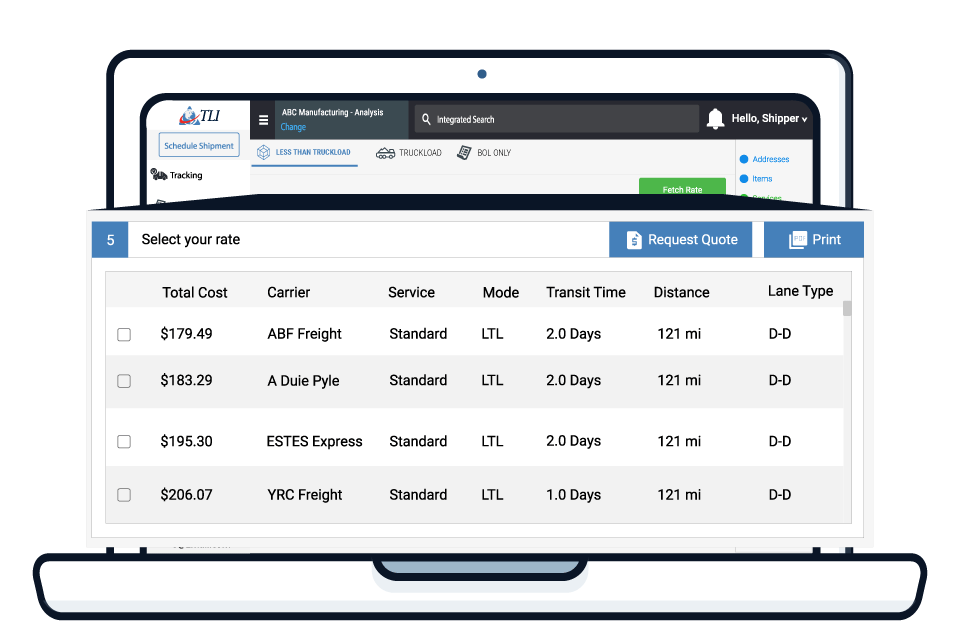
What are the most common LTL Accessorial Fees?
Here are some of the most common LTL accessorial charges. In addition, a description is provided to provide shippers greater understanding about the service the carrier provided to the shipper and consignee:
- After Hours Delivery/Pickup Fee: Charged for shipments picked up or delivered outside of the standard 8 a.m. to 5 p.m. window.
- Bill of Lading (BOL) Correction Fee: Imposed when corrections to the BOL (the document detailing the shipment) are needed after the shipment has been picked up.
- Canadian Border Crossing Fee: Applies to shipments crossing into Canada, covering additional customs and handling processes.
- Convention, Exhibition, and Tradeshow Delivery/Pickup: Charged for deliveries or pickups at these specific event locations.
- Excess Length Fee: Applied to shipments exceeding 10 feet in length, as they require more space in the trailer.
- Grocery and Food Warehouse Fee: Applied to shipments to or from grocery or food warehouses, which may have stricter handling requirements.
- Hazardous Cargo Charge: Applies to shipments containing hazardous substances, which require specialized handling and documentation.
- Inside Delivery/Pickup Fee: When a shipment needs to be carried inside a building or not directly accessible from the doorway or dock.
- Lift Gate Delivery/Pickup Fee: Charged when the shipper or receiver lacks the necessary equipment (like a dock or forklift) to load/unload the shipment, requiring the use of a lift gate.
- Limited Access Fee: Applies to locations that are more challenging for deliveries, such as schools, prisons, military bases, construction sites, or airports.
- Notify Before Delivery Fee: When prior notification of delivery is requested, this fee ensures the carrier makes contact beforehand.
- Protect from Freezing Fee: When a shipment needs to be protected from freezing temperatures during transit.
- Residential/Farm Delivery/Pickup Fee: Charged for deliveries or pickups at private residences or farms.
- Segregating (Sorting) Fee: When a shipment requires sorting by characteristics like size, brand, or other identifiers.
- Weight and Inspection Fee: Imposed if a carrier inspects or reweighs the shipment and discovers discrepancies from the weight or freight class on the BOL.
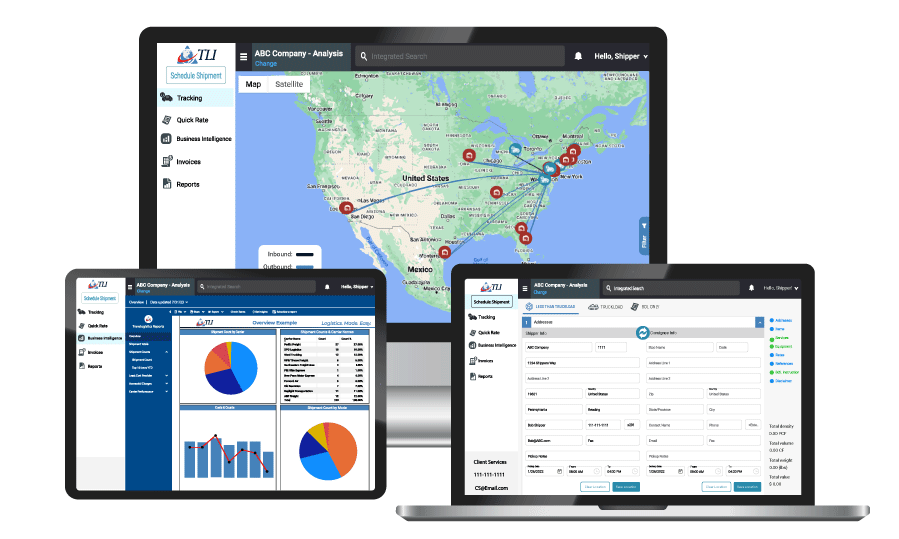
How can I get an accurate LTL shipping quote?
To avoid surprises, it’s important to provide your LTL freight broker with as much detailed information as possible. Here’s a checklist to ensure you receive an accurate quote:
- Number of pallets
- Total weight of the shipment
- Pallet dimensions (L x W x H)
- Whether pallets are stackable
- Origin and destination zip codes
- Type of goods and packaging
- Freight class (if known)
- Any special requirements (accessorial examples like lift gate, inside delivery)
Working with a reliable 3PL provider like Translogistics helps you access better rates, leveraging their contracts with multiple carriers. Additionally, their ViewPoint TMS software provides comprehensive side-by-side rate comparisons, ensuring that all potential fees are accounted for in your shipping quote.
By partnering with a 3PL, you’ll not only reduce your overall shipping costs but also avoid unexpected charges, making your LTL shipments as efficient and cost-effective as possible.
TLI Insights
Get the latest logistics insights and tips from Translogistics’ award-winning team. Stay ahead in transportation planning.
Questions? Email us at marketing@tli.email

